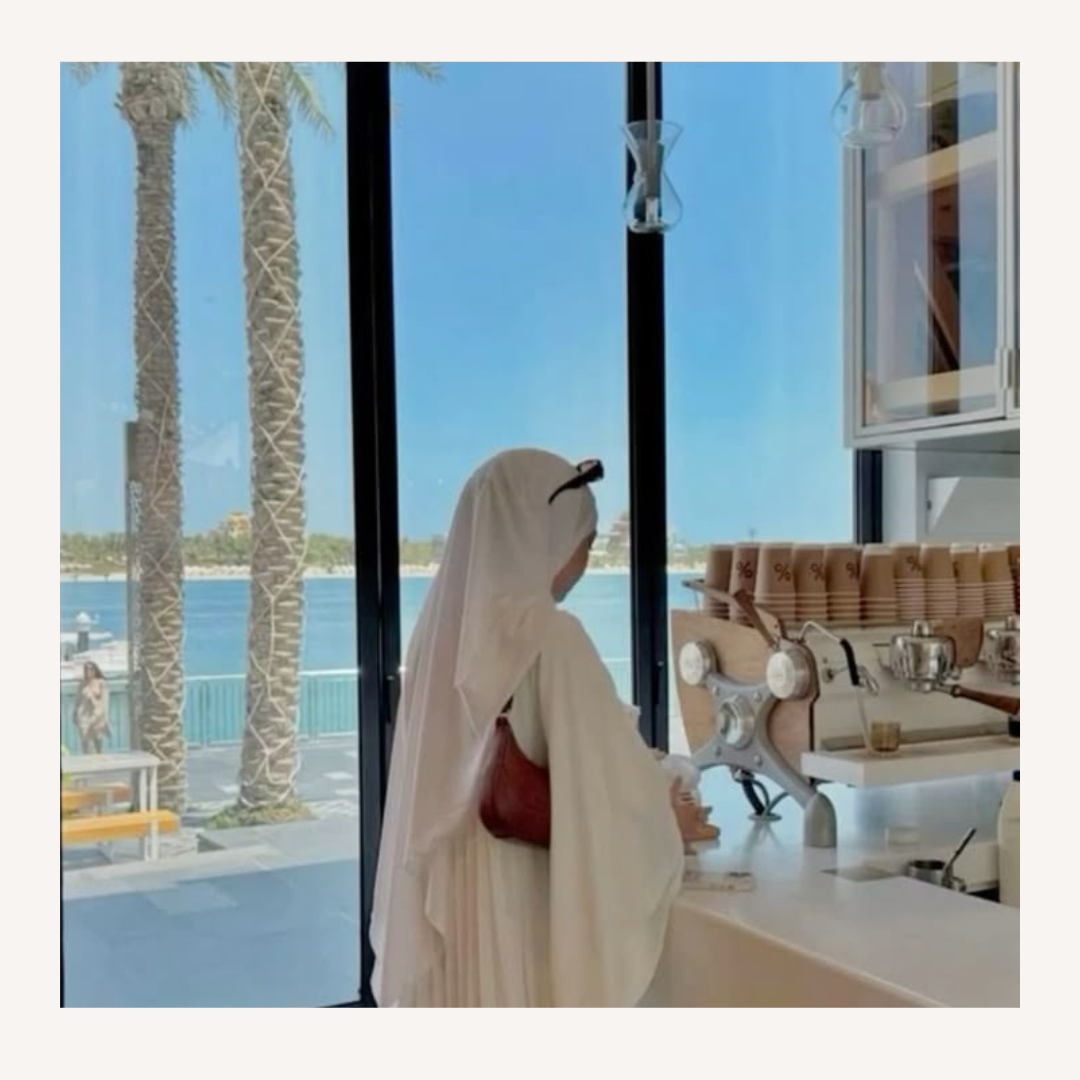How to Set Limits with Love, Faith, and Strength
The world often glorifies self-sacrifice and people-pleasing, especially for women, learning to set boundaries can feel uncomfortable or even selfish. But in Islam, boundaries are not only allowed, they are encouraged. Boundaries protect your peace, your dignity, your time, and your relationship with Allah.
We should honour ourselves through boundary-setting—with references from the Qur’an and Hadith, and real-life practical examples to guide you.
1. Boundaries Are a Form of Self-Respect and Islam Teaches Us to Honour Ourselves
Allah created us with honour and dignity. That means we are not meant to be walked over, used, or emotionally drained for the sake of keeping others happy.
“And indeed, We have honoured the children of Adam...” (Surah Al-Isra 17:70)
When you set a boundary, you are honouring this divine gift of dignity. You are saying: “I value myself enough not to tolerate what harms me.”
If someone frequently makes hurtful jokes or passive-aggressive comments, say calmly:
“I care about our relationship, but I don’t accept being spoken to that way. Let’s keep things respectful.”
It’s not harsh—it’s healthy.
2. The Prophet ﷺ Showed Us How to Set Boundaries with Grace and Mercy
The Prophet Muhammad ﷺ was the most compassionate of people—but he was never afraid to express his limits. He knew how to say “no” when needed, always with wisdom and kindness.
Once a man asked the Prophet ﷺ for something repeatedly. The Prophet gave what he could, then said,
“I have nothing more to give you. But if I did, I would.”
(Sahih Muslim)
This shows that even in generosity, there is a point where a boundary must be set. The Prophet ﷺ didn’t overextend beyond his capacity—and neither should we.
If people expect too much of your time or energy, you can say:
“I wish I could help right now, but I need to take care of myself first.”
This is not selfish—it’s Sunnah to preserve your strength so you can serve with sincerity later.
3. Allah Commands Justice—Even with Ourselves
We often think of justice as something we give to others. But justice also means being fair to ourselves. Constantly overgiving, staying silent in the face of harm, or allowing emotional manipulation is not justice.
“O you who have believed, be persistently standing firm in justice, even if it be against yourselves...” (Surah An-Nisa 4:135)
Being just to yourself means recognising when your energy, emotions, or values are being compromised—and doing something about it.
If someone guilt-trips you to do something you're uncomfortable with, say:
“I need time to think about that. I don’t want to commit to something I can’t give my full heart to.”
This gives you space to honour both your feelings and your faith.
4. Boundaries Bring Barakah (Blessings) into Your Life
When you respect your time, energy, and soul—you make space for peace, clarity, and purpose. You invite barakah by protecting what matters.
The Prophet ﷺ said, “Part of the perfection of one’s Islam is his leaving that which does not concern him.”
(Tirmidhi)
This hadith is a boundary in itself. Not everything or everyone deserves your attention. Not every argument needs your input. Not every gathering needs your presence.
It’s okay to excuse yourself from conversations that drain your spirit.
“I’d rather not talk about that topic. Let’s change the subject.”
Protect your peace. It’s a trust from Allah.
Setting Boundaries is an Act of Faith
Boundaries are not walls they are doors with locks. You get to decide who comes in, how far they come, and when it's time to close the door.
In Islam, we are encouraged to live with intention, to protect our dignity, and to avoid harm. Whether that harm comes from others, or from ourselves. When you set a boundary, you are saying: “I trust Allah enough to protect me, and I trust myself enough to stand firm.”
You can be kind and assertive. You can be giving and guarded. You can be soft and strong.
May Allah give you the strength to honour your heart, the wisdom to speak your truth, and the peace that comes from living in alignment with who He created you to be.

